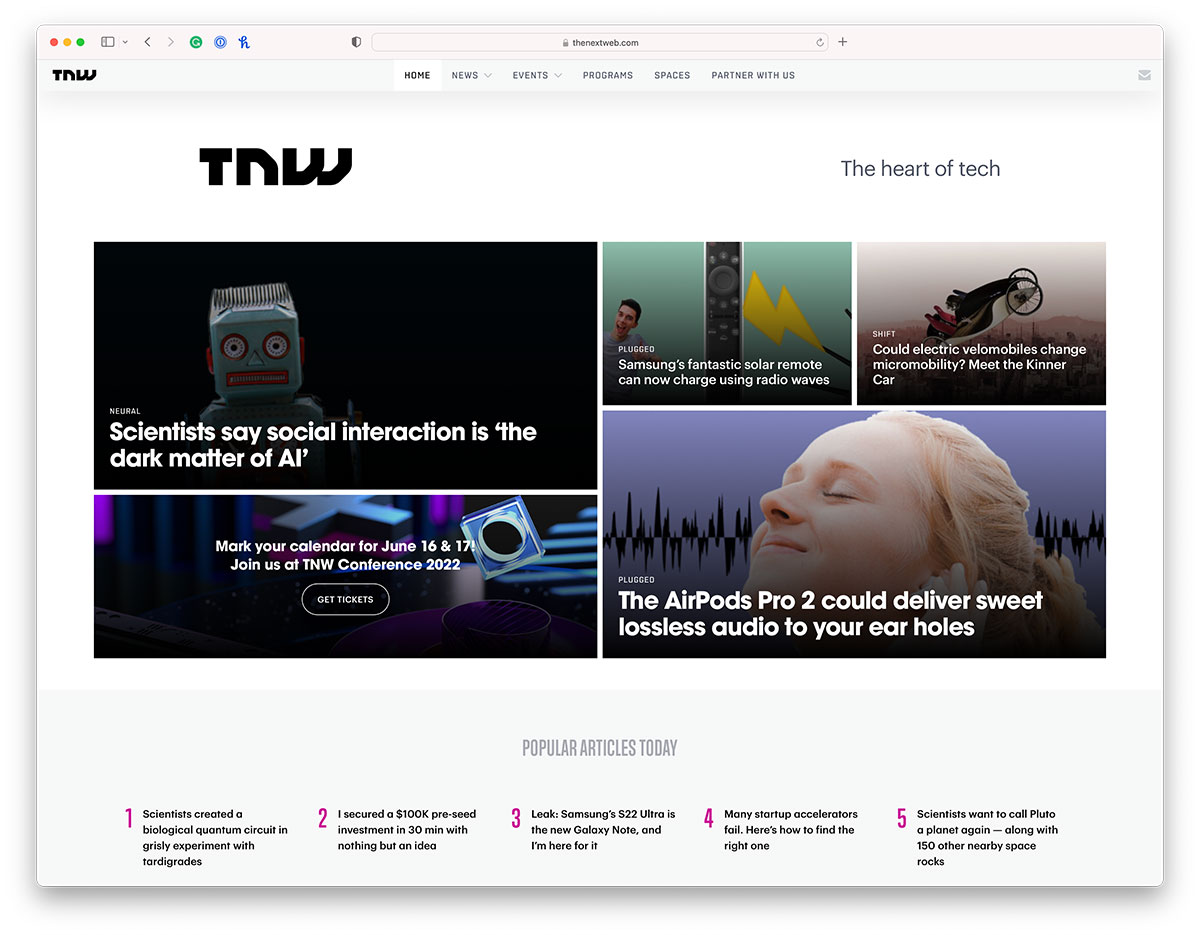The smart Trick of News Websites That Nobody is Talking About
The smart Trick of News Websites That Nobody is Talking About
Blog Article
The Ultimate Guide To News Websites
Table of ContentsNot known Details About News Websites News Websites Fundamentals ExplainedSee This Report about News WebsitesThe 8-Minute Rule for News WebsitesThe Ultimate Guide To News Websites
It was down in the UK and Brazil yet up a few other countries, such as Greece, Bulgaria, and Poland (News Websites). This year, for the initial time, we asked regarding the various manner ins which people avoid the information and located that around half of avoiders (53%) were trying to do so in a broad-brush or regular method for instance, by switching off the radio when the news came on, or by scrolling past the news in social mediae.g. scrolling past news, transforming networks when news begins. of avoiders check sources much less frequently. e.g. limitation to specific times of day, transforming off alerts, etc. of avoiders stay clear of some subjects. e.g. subjects that lower state of mind or rise anxiety. You claimed that you attempt to proactively avoid news.

I'm probably picking to learn more light-hearted stories than I made use of to currently. M, 51, UK Turning my back on information is the only way I feel I can cope occasionally. I need to consciously make the effort to avert for my own psychological wellness.
Things about News Websites
Discerning evasion of Ukraine information was highest in a number of the nations closest to the dispute, enhancing searchings for from our added survey in 2014, right after the battle had actually begun. Our data may not recommend an absence of rate of interest in Ukraine from neighboring countries yet rather a need to take care of time or shield psychological health from the very actual scaries of war.
Comparing Finland with a politically polarised nation such as the USA (see next graph) that is less affected by the war, we find an extremely different pattern of subject avoidance. In the USA, we discover that consumers are much more most likely to stay clear of topics such as national politics and social justice, where discussions over problems such as sex, sexuality, and race have become extremely politicised.
American national politics are rather hazardous these days. I find in some cases that I have to detach from stories that simply make me upset. F, 61, USA For some individuals, bitter and dissentious political disputes are a factor to switch off information completely, however, for some political upholders, evasion is often regarding blocking out viewpoints you don't wish to hear.

Some Known Details About News Websites
Some are seeking to make news much more easily accessible for hard-to-reach groups, expanding the news schedule, commissioning even more motivating or favorable information, or welcoming constructive or options journalism that give people a sense of hope or individual firm. In our survey this year, we asked respondents regarding their passion in these various strategies.
This describes why stories like Ukraine or nationwide politics perform well with news regulars yet can at the exact same time turn less interested customers away (News Websites). Discerning avoiders are much less interested in all kinds of information than non-avoiders yet in relative terms they do appear to be more thinking about positive or solutions-based news

Some Ideas on News Websites You Need To Know
2023). This may hold true in the minute, yet with time it appears to be leaving many individuals empty and much less satisfied, which may be threatening our link with and count on in the news. Throughout markets, overall count on information (40%) and count on in the sources people use themselves (46%) are down by an additionally 2 percentage points this year.
Undoubtedly, via the rear-view mirror, the COVID-19 trust bump is clearly visible in the complying with graph, though the direction of traveling afterwards has been blended. Sometimes (e.g. Finland), the trust increase has been preserved, while in others the upturn looks more like a spot in a story of ongoing lasting decrease.
Several of the highest reported degrees of media objection are discovered in countries with highest possible degrees of suspect, such as Greece, the Philippines, the USA, France, and the UK. The pop over here most affordable levels of media objection frequent those with higher degrees of trust, such as Finland, Norway, Denmark, and Japan.
Fascination About News Websites
This year we asked respondents concerning their preferences for message, sound and video when eating news online. Generally, we locate that the majority still prefer to read the information (57%), instead than watch (30%) or listen to it (13%), yet more youthful individuals (under-35s) are most likely to listen (17%) than older groups.
Behind the averages we find substantial and unusual country differences. In markets with a solid reading practice, such as Finland and the United Kingdom, around eight in 10 still choose to review on-line news, but in India and Thailand, around 4 in 10 (40%) state they like to view information online, and in the Philippines that proportion is over fifty percent (52%).
Report this page